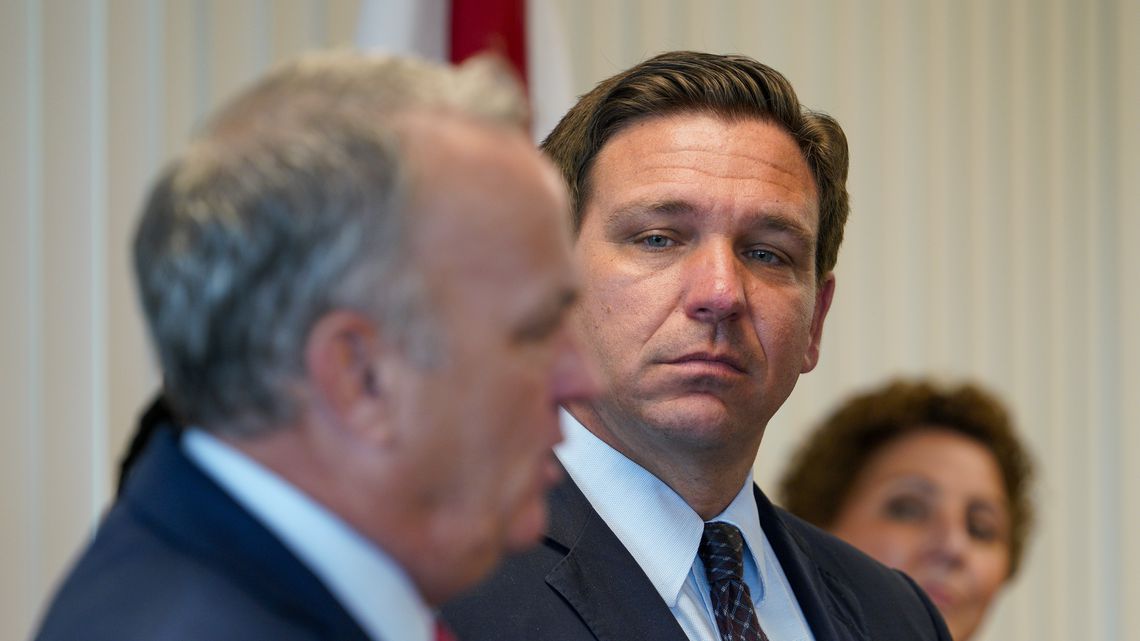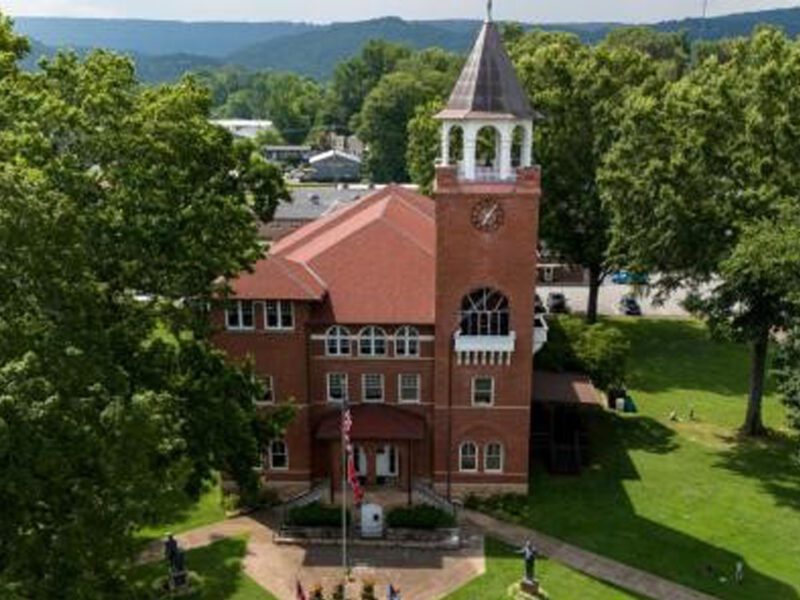
Florida is wrong about federal COVID funds; schools need the money, Pasco says
Tampa Bay Times | By Jeffrey S. Solochek | October 5, 2021
Pasco County school officials are pushing back against state leaders who say districts have no use for federal pandemic relief funds authorized by Congress earlier this year.
At issue is the district’s $127 million share of the American Rescue Plan, the third installment of federal money Congress allocated to help schools across the nation rebound from the pandemic. Florida’s portion is $2.3 billion, and the state is the only one in the nation not to apply for the funds.
After getting a letter Monday from the U.S. Department of Education inquiring about the missing application, Gov. Ron DeSantis indicated he was in no rush to submit a request.
“No district has articulated a need for funding that cannot be met with currently available resources,” his press secretary said in a statement.
That statement came two weeks after state House leaders made a presentation suggesting that districts did not need a third influx of federal money, as they had not come close to spending the cash made available in the first two installments. According to the House materials, Pasco County had all of its second-round funding unspent as of Sept. 17, when the House staff collected its data.
To illustrate the point, House PreK-12 Appropriations chairman Rep. Randy Fine pointed to a $112 million “non-enrollment assistance allocation” he wrote into law to help districts find and assist children who were expected to attend but never showed up. Only $4,000 had been spent statewide, he said at the time, questioning the value of giving districts more when they weren’t using what they were offered.
Olga Swinson, the Pasco district’s chief finance officer, rejected the explanation presented by state officials.
“We just have not received any information from the Florida Department of Education,” she said during a School Board workshop Tuesday.
Using the non-enrollment assistance example, she explained that Pasco had a plan to spend all $2.3 million of its share, including the hiring of social service coordinators and instructional assistants to find and support those missing students.
“We have already spent three months’ worth of money,” she said, noting the staff does not get paid in a lump sum.
Meanwhile, she added, the state did not approve the expenses until Sept. 27, nearly a month after the district applied and two weeks after Fine’s criticism.
The situation was similar for other pots of the existing federal money, Swinson said. Like other school districts, Pasco has been reluctant to commit too much to the expenses — whether after-school programs, added aides and tutors, or new curriculum subscriptions — without state approval.
She pointed to the district’s effort to improve technology availability for students. Its plan to purchase 10,284 computers to support distance learning and increase student engagement cost $2.19 million.
“We have purchased the computers. We have actually paid for them,” she said. “We have not been reimbursed yet.”
The state approved that expense on Sept. 28.
Board members reviewed the district administration’s still-unapproved plan for using the second-round funding into 2023. It included items such as classroom aides for every kindergarten class, extra assistants to clean lunchrooms, and supplemental pay for hard-to-find bus drivers and substitute teachers.
They asked about taking these ideas forward, and superintendent Kurt Browning noted that Congress had allocated the $2.3 billion for Florida. He said the district wanted to use its share to continue the tutoring, mental health services and other programs that are helping to combat the problems students experienced over the past two years.
“We have already spent three months’ worth of money,” she said, noting the staff does not get paid in a lump sum.
Meanwhile, she added, the state did not approve the expenses until Sept. 27, nearly a month after the district applied and two weeks after Fine’s criticism.
The situation was similar for other pots of the existing federal money, Swinson said. Like other school districts, Pasco has been reluctant to commit too much to the expenses — whether after-school programs, added aides and tutors, or new curriculum subscriptions — without state approval.
She pointed to the district’s effort to improve technology availability for students. Its plan to purchase 10,284 computers to support distance learning and increase student engagement cost $2.19 million.
“We have purchased the computers. We have actually paid for them,” she said. “We have not been reimbursed yet.”
The state approved that expense on Sept. 28.
Board members reviewed the district administration’s still-unapproved plan for using the second-round funding into 2023. It included items such as classroom aides for every kindergarten class, extra assistants to clean lunchrooms, and supplemental pay for hard-to-find bus drivers and substitute teachers.
They asked about taking these ideas forward, and superintendent Kurt Browning noted that Congress had allocated the $2.3 billion for Florida. He said the district wanted to use its share to continue the tutoring, mental health services and other programs that are helping to combat the problems students experienced over the past two years.





